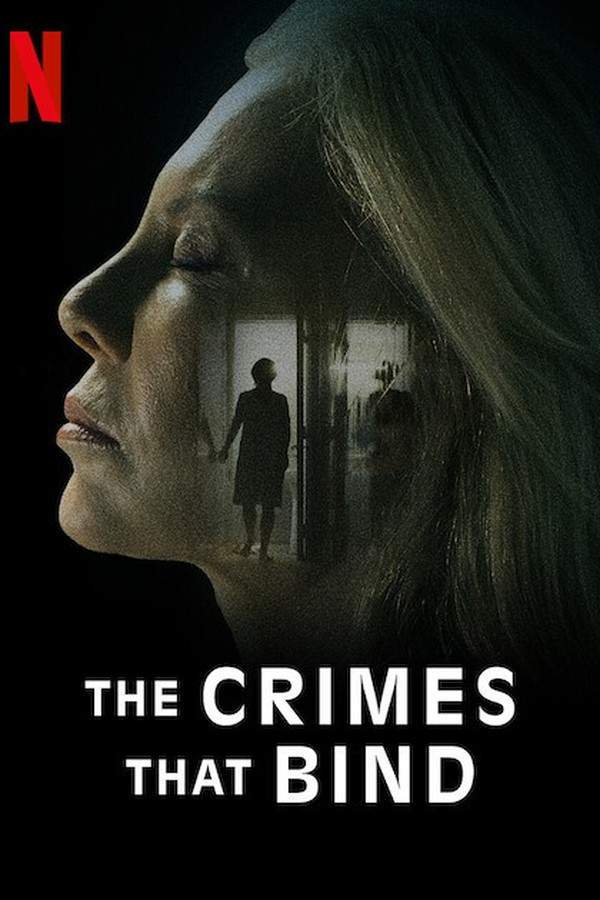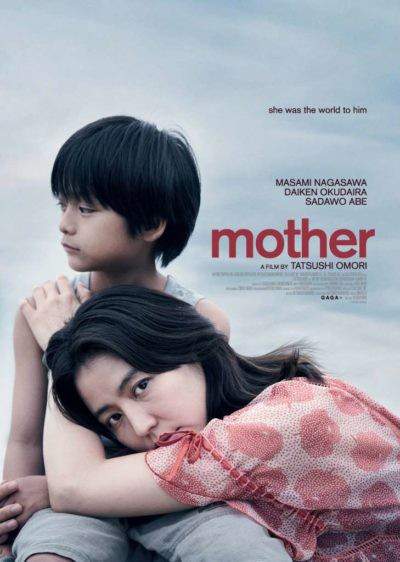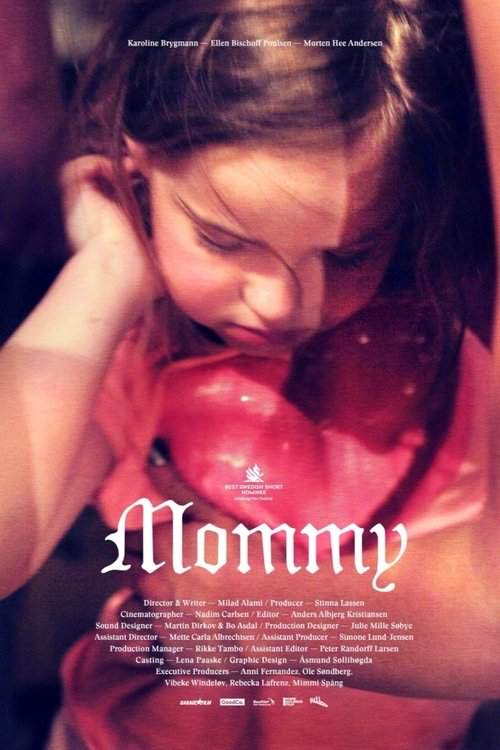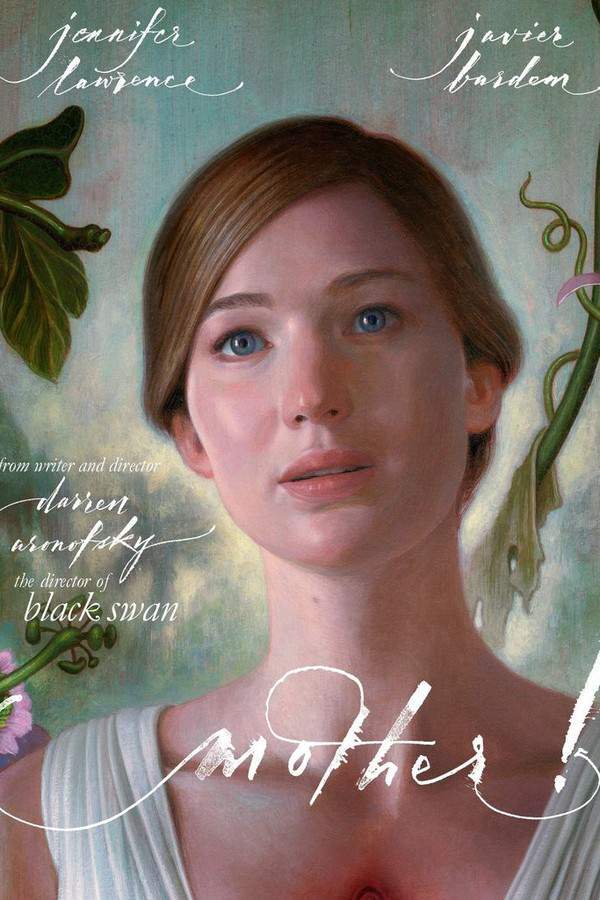
Mother 2010
Directed by

Joon-ho Bong
Made by

Magnolia Pictures
Test your knowledge of Mother with our quiz!
Mother Plot Summary
Read the complete plot summary and ending explained for Mother (2010). From turning points to emotional moments, uncover what really happened and why it matters.
An unnamed widow sustains her life by selling medicinal herbs in a quaint town in southern South Korea while also offering unlicensed acupuncture treatments to women in the community to help them forget painful memories. Raising her only son, Yoon Do-joon, who is shy yet prone to violence if ridiculed for his intellectual disability, she is fiercely protective of him. Although she often scolds him for socializing with a local thug named Jin-tae, their lives take a dark turn when Do-joon vandalizes a car after a near-accident. As a result, he faces a lawsuit, expanding his mother’s burdens.
The tragedy escalates when Do-joon, returning home from a night out, follows a high school girl named Moon Ah-jung to an abandoned building. The next day, her lifeless body is discovered on the rooftop, sending shockwaves through the community and igniting a media frenzy that pressures the police to act swiftly in uncovering her killer. Circumstantial evidence leads to Do-joon’s arrest, though his mother steadfastly believes in his innocence. She embarks on a quest to exonerate him, but faces significant challenges from her self-centered lawyer and a community that quickly turns against her son.
In a desperate attempt to find the truth, the widow breaks into Jin-tae’s home, convinced he is the true culprit. Though she retrieves what she thinks is a blood-stained golf club, it is revealed to be only lipstick, leading to Jin-tae offering his services for a fee instead of facing charges. As the mother investigates further into Ah-jung’s life, she learns that the girl had a reputation for being promiscuous and had been involved with Jong-pal, a boy who had escaped a sanatorium. In a startling visit to Do-joon in prison, he recalls a traumatic incident from his childhood, where his mother attempted to end their suffering by poisoning them, stating, > “I never want to see you again.”
Through her persistent digging, the mother discovers that Ah-jung had frequent nosebleeds and owned a cellphone containing potentially incriminating pictures. After witnessing two men attacking Ah-jung’s friend looking for the phone, she hires Jin-tae to track them down. She ultimately uncovers that the phone was hidden at Ah-jung’s grandmother’s house.
During a poignant revelation, Do-joon identifies an elderly man in photos from Ah-jung’s phone, a junk collector he remembers. Pretending to offer medical care as a way to glean information, the collector divulges a disturbing truth: he witnessed Do-joon accidentally kill Ah-jung after she taunted him with names. Unable to bear the weight of this reality, the mother suffers a breakdown, resorting to violence against the collector to protect her son.
As events unfold, the police claim to have captured the true murderer, Jong-pal, who insists the blood on his shirt is from a consensual encounter with Ah-jung. Overcome with guilt, the mother visits him, understanding the anguish of a son with no advocate to champion him.
With Do-joon’s release from prison impending, Jin-tae retrieves him, but the pair stops to sift through the ashes of the burnt-down collector’s home. During a moment of introspection at dinner, Do-joon reflects that perhaps Jong-pal meant to help Ah-jung. Just before boarding a bus for a “Thank-You Parents” tour, Do-joon returns his mother’s acupuncture kit, found amid the wreckage. This prompts a shocking realization for her as she grapples with the past. Ultimately, she chooses to erase the memories of their shared guilt, participating in the celebratory dance with other parents on the bus.
Mother Timeline
Follow the complete movie timeline of Mother (2010) with every major event in chronological order. Great for understanding complex plots and story progression.
Widow's Life in Southern Korea
In a quaint town in southern South Korea, an unnamed widow supports her life by selling medicinal herbs. She also provides unlicensed acupuncture treatments to local women, helping them cope with painful memories.
Protecting Yoon Do-joon
The widow raises her shy son, Yoon Do-joon, who suffers from intellectual disability. She is fiercely protective of him, often scolding him for associating with Jin-tae, a local thug.
Vandalism Incident
After a near-accident, Do-joon succumbs to frustration and vandalizes a car. This reckless act results in a lawsuit that adds further burden on his already struggling mother.
Moon Ah-jung's Death
The tragedy escalates when Do-joon, following a high school girl named Moon Ah-jung, leads to her body being discovered the next day on a rooftop. Her shocking death sends the community into turmoil and creates a media frenzy.
Do-joon's Arrest
Circumstantial evidence points to Do-joon as the prime suspect in Ah-jung's murder, leading to his arrest. Despite the accusations, his mother firmly believes in his innocence and resolves to prove it.
Searching for the Truth
In her quest to exonerate her son, the widow begins investigating Ah-jung's life. She faces challenges from her self-centered lawyer and an unfriendly community, all while believing in her son's innocence.
Breaking into Jin-tae's Home
Desperate for answers, the widow breaks into Jin-tae's home, suspecting him of being the true culprit behind Ah-jung's death. Although she discovers what she thinks is a blood-stained golf club, it turns out to be lipstick.
Investigating Ah-jung's Past
The mother learns of Ah-jung's troubled relationships and that she had been involved with Jong-pal, a boy who escaped from a sanatorium. This information adds complexity to the investigation.
Confronting the Collector
During a visit to Do-joon in prison, he recalls a traumatic childhood event related to his mother. The poignant memory sheds light on their troubled relationship and hints at deeper issues that need addressing.
Discovery of Ah-jung's Phone
The mother uncovers that Ah-jung owned a cellphone with potentially incriminating evidence before witnessing an assault on Ah-jung's friend. This phone is crucial to uncovering the truth.
Do-joon's Trauma Uncovered
Do-joon identifies a junk collector from photos on Ah-jung's phone. Pretending to offer medical assistance, the collector revealed he witnessed Do-joon's accidental involvement in Ah-jung's death, intensifying the mother's anguish.
Encounter with Jong-pal
The police apprehend Jong-pal, who insists that blood on his shirt is from a consensual encounter with Ah-jung. The mother feels empathy for Jong-pal, recognizing the shared pain of being a son without support.
Reflection on the Past
As Do-joon's release from prison approaches, he and Jin-tae visit the ashes of the collector's home. Reflecting on the events, Do-joon begins to contemplate the complicated nature of guilt and intention.
The Mother’s Realization
Before leaving for a bus tour, Do-joon discovers his mother's acupuncture kit in the wreckage. This finding prompts his mother to confront her past and the shared guilt she feels with her son.
Celebration of New Beginnings
Ultimately, the mother participates in a celebratory dance with other parents on the bus. This act signifies her choice to move forward and erase the painful memories of their shared past.
Mother Characters
Explore all characters from Mother (2010). Get detailed profiles with their roles, arcs, and key relationships explained.
Yoon Do-joon
Do-joon is the intellectually disabled son of the widow, characterized by his shyness and susceptibility to anger when ridiculed. His innocence and vulnerability make him a target for societal disdain, leading to his wrongful accusation in a murder case. Do-joon's relationship with his mother is central, embodying both the love and burdens that a mother carries for her child.
Widow (Mother)
The unnamed widow exhibits immense strength and determination as she fights to clear her son's name. Her fierce protectiveness is driven by her love and her own traumatic past. The duality of her role as both caregiver and fighter reveals her complex character, portraying a woman pushed to her limits by circumstances.
Jin-tae
Jin-tae is a local thug whose dubious character poses a significant challenge for the widow. Although he initially represents a source of potential information, his self-serving nature complicates her quest for truth. His interactions with the mother bring tension and moral ambiguity to the narrative.
Mother Settings
Learn where and when Mother (2010) takes place. Explore the film’s settings, era, and how they shape the narrative.
Time period
The time period of the movie is not explicitly defined, but it reflects contemporary societal issues prevailing in a modern South Korean town. This setting allows the exploration of themes such as familial bonds, societal judgment, and the quest for truth amidst personal turmoil.
Location
Southern South Korea, Quaint Town
The movie is set in a quaint town in southern South Korea, characterized by its serene environment and tight-knit community. Known for its medicinal herbs, the town embodies a blend of tradition and simple living, with its residents often relying on natural remedies. The picturesque scenery contrasts with the dark events that unfold, amplifying the film's emotional depth.
Mother Themes
Discover the main themes in Mother (2010). Analyze the deeper meanings, emotional layers, and social commentary behind the film.
🔍
Search for Truth
A central theme of the movie is the relentless pursuit of truth, showcased through a mother's desperate attempts to exonerate her son. The narrative explores how social pressures and a flawed justice system can affect individuals. As she navigates through legal challenges and community skepticism, the film captures the complexities of belief and doubt in the pursuit of justice.
💔
Maternal Love
The theme of maternal love is poignantly portrayed through the widow's fierce protectiveness and unwavering faith in her son. Despite societal challenges, her commitment to defending him highlights the depths a parent will go to shield their child from harm. This unconditional love is tested throughout the film in ways that challenge her identity and decisions.
🌪️
Social Judgment
Social judgment plays a significant role, showcasing how quickly a community can turn against an individual based on circumstantial evidence. The mother faces hostility from neighbors and law enforcement, illustrating the harsh realities of public perception. This theme highlights the fragility of reputation and the impact of societal narratives on personal lives.

Coming soon on iOS and Android
The Plot Explained Mobile App
From blockbusters to hidden gems — dive into movie stories anytime, anywhere. Save your favorites, discover plots faster, and never miss a twist again.
Sign up to be the first to know when we launch. Your email stays private — always.
Mother Spoiler-Free Summary
Discover the spoiler-free summary of Mother (2010). Get a concise overview without any spoilers.
In the quiet folds of a southern South Korean town, a modest shop of dried herbs and a humble clinic of unlicensed acupuncture become the heart of a tightly‑knit community. The air is scented with medicinal plants, and the rhythm of daily life is punctuated by whispered confidences and the soft clink of ceramic pots. Within this world, the mother balances the practical demands of keeping her family afloat with a quiet reverence for the ancient remedies she offers, moving between the market stalls and the homes of women who seek to ease their hidden aches.
Her only child, Yoon Do‑joon, is a shy teenager whose intellectual disability makes the world feel both larger and more fragile. Their bond is forged in protective devotion; she shields him from the sting of ridicule while he clings to her steadfast presence. Their interactions are a study in gentle patience, the mother’s fierce love contrasting with Do‑joon’s hesitant curiosity about the world beyond their doorstep.
When a tragedy strikes the community, Do‑joon finds himself caught in the relentless glare of suspicion, his name shadowed by accusations he cannot fully comprehend. Determined to safeguard her son’s future, the mother embarks on a relentless quest for truth, navigating a maze of rumors, legal obstacles, and the weight of public opinion. The film’s tone is taut and emotionally charged, blending the quiet intimacy of rural life with the unsettling pressure of a society quick to judge.
Against this backdrop of small‑town intimacy and looming dread, the story unfolds as a meditation on maternal sacrifice, the limits of justice, and the lengths one will go to protect the ones we love. The atmosphere remains tense yet compassionate, inviting viewers to linger on the fragile threads that bind family, community, and the search for redemption.
Can’t find your movie? Request a summary here.
Movies with Similar Twists and Themes
Uncover films that echo the narrative beats, emotional arcs, or dramatic twists of the one you're exploring. These recommendations are handpicked based on story depth, thematic resonance, and spoiler-worthy moments — perfect for fans who crave more of the same intrigue.
Featured on this page

What's After the Movie?
Not sure whether to stay after the credits? Find out!
Explore Our Movie Platform
New Movie Releases (2026)
Famous Movie Actors
Top Film Production Studios
Movie Plot Summaries & Endings
Major Movie Awards & Winners
Best Concert Films & Music Documentaries
Movie Collections and Curated Lists
© 2026 What's After the Movie. All rights reserved.











